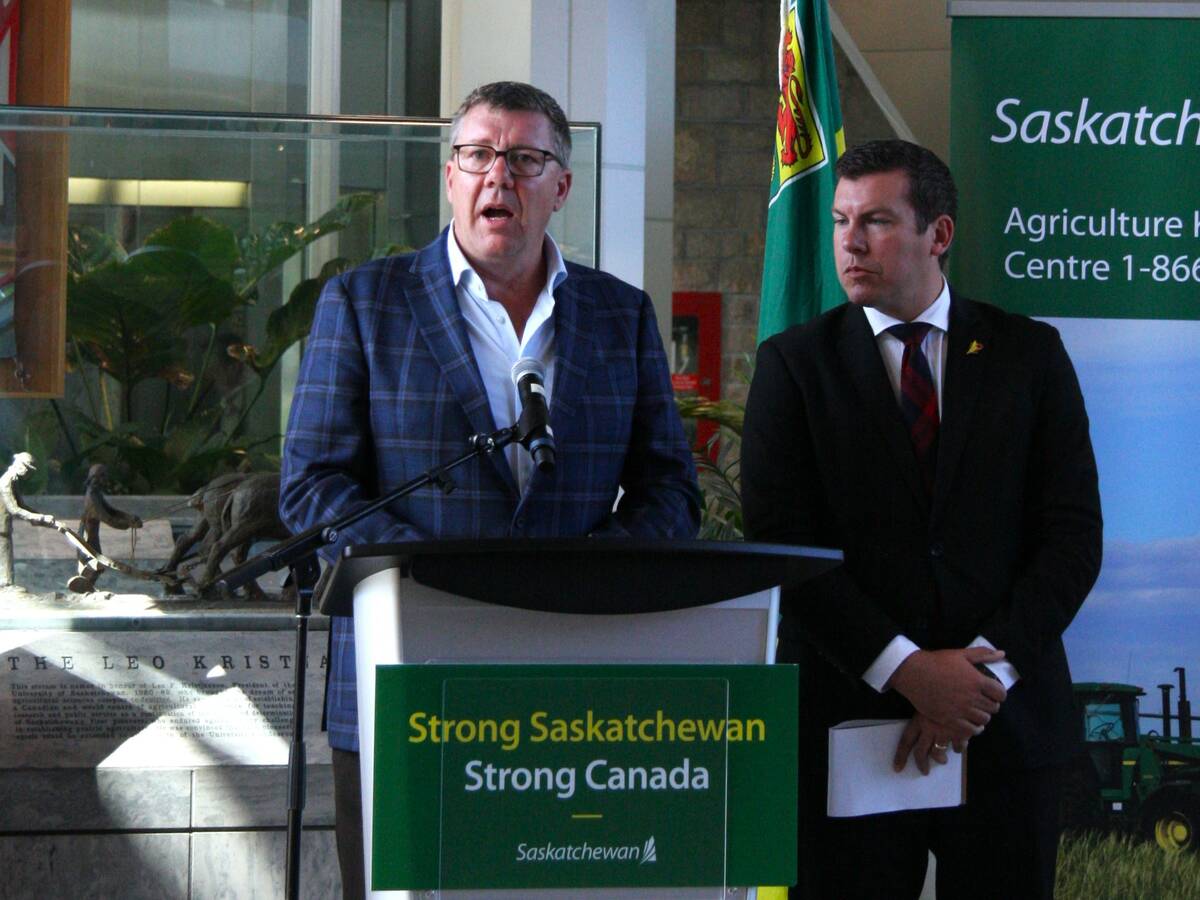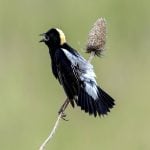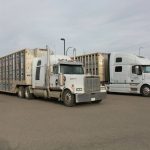Manitoba farm groups cheered the long-awaited news of government funding for environmental protection on farms.
While details are scant, the just-before-the-election-blackout announcement from the Progressive Conservative provincial government seemed to promise support for something many farmers have sought for more than a decade.
“It’s extremely positive news,” said Bill Campbell, president of Keystone Agricultural Producers.
“We’ve seen a lot of practices evolve over the years that we have not gotten recognized for.”
On June 11 the government announced $52 million as an endowment for a program called Growing Outcomes in Watersheds, which is based on the Alternative Land Use Services (ALUS) approach, which is in use in some places.
Read Also

Feds promise urgency to address canola tariffs
With Canadian canola growers under new price pressure, federal and Saskatchewan government and industry officials have met to discuss next steps in dealing with China’s canola trade barriers.
“The GROW program will support the enhancement of ecological goods and services on private land, helping landowners contribute to reduced flooding, improved water quality and nutrient management, and support the overall goals of the made-in-Manitoba Climate and Green Plan,” said the government news release.
Details are likely to be sketchy for months, since right after the announcement the provincial government went under a pre-election news blackout, which often occurs when the province is close to announcing an election.
“It should be a good thing,” said Charles Fossay, president of the Manitoba Canola Growers Association. “It should encourage the setting aside of some of the more fragile land. In principle, it’s a good thing.”
The ALUS program was tried in Manitoba as a limited-scale pilot project, but never expanded to cover the entire province with real money. It was a popular topic of discussion at KAP and other farm meetings through the 2000s and 2010s, with farm leaders like Ian Wishart, now a government MLA, championing the concept of paying farmers for preserving vulnerable lands and ecosystems.
Dan Mazier, another former KAP president and supporter of ALUS-like programs, was happy to see the provincial government come forward with cash.
“It is exciting to see funding finally put in place,” said Mazier, who is now a federal Conservative candidate.
“Funding was always the Achilles heel. Should Agriculture pay for it? Should Environment? Should Infrastructure?”
The program will be managed by The Winnipeg Foundation, with investment returns from the endowment used to fund projects. Manitoba Habitat Heritage Corp. will track and evaluate the program’s performance.
“Through the fund, the Manitoba government will help producers with small water retention projects, natural habitat restoration and enhancement including wetlands, riparian area management, soil health improvements and shelterbelt and eco-buffer establishment,” reads the release.
“The fund also encourages private donations toward supporting these initiatives.”
Cattle producers already preserve millions of acres of grassland and vulnerable soils, so how they might be affected or benefit from the program will take time to see, said Manitoba Beef Producers president Tom Teichroeb.
“We do so much pasture management, forage management, that we would probably (qualify) for some of these projects,” said Teichroeb, who farms the vulnerable, flood-prone land beside Lake Manitoba.
“It’s exactly what we try to do in our operations.”
Cattle producers are often focused on water retention rather than drainage, Teichroeb said. That means grain growers and livestock producers will probably have different experiences with GROW.
The Manitoba Forage and Grasslands Association was happy to see the program announced, even if it is unclear how it will operate.
“It’s a really positive move for those who have kept the wetlands on their land, and kept the grass,” saidexecutive director Duncan Morrison.
“The beef producers are some of the most dedicated to their land.”
















